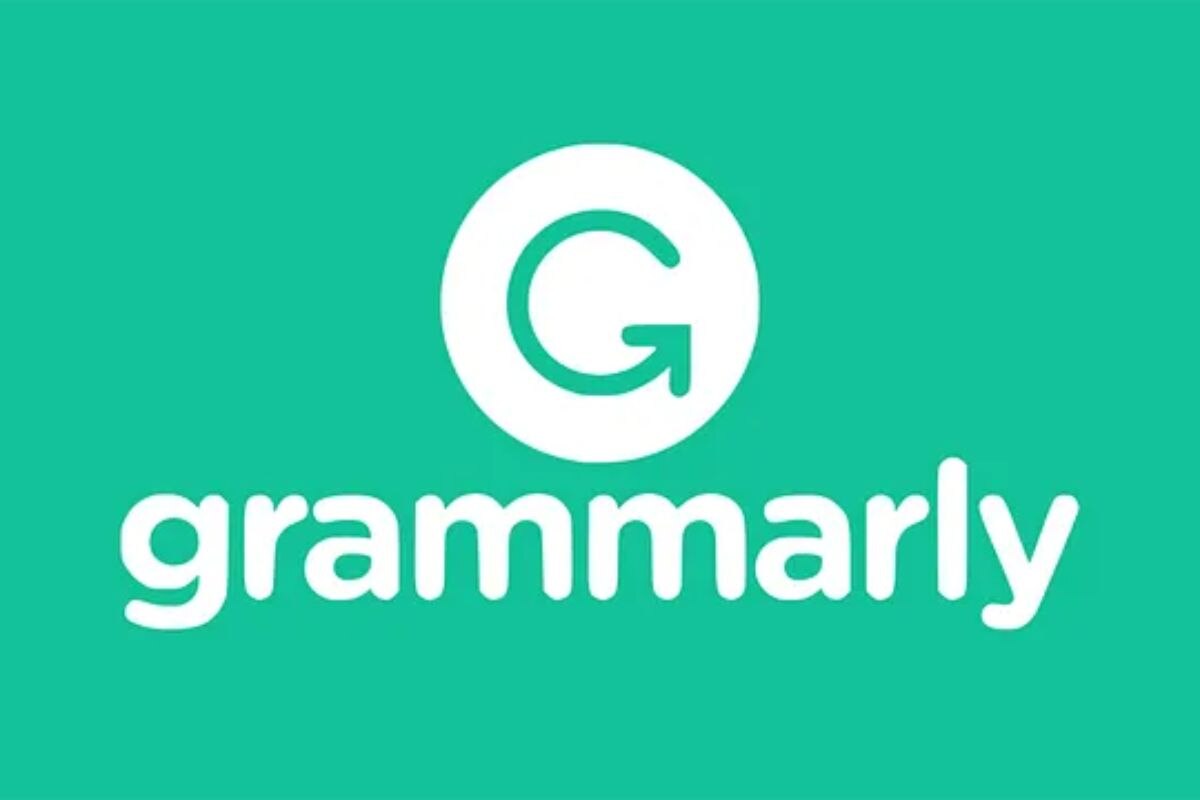
Top 5 AI Tools Every Students MUST Try For Better Learning
From adaptive learning platforms to virtual study assistants, these AI tools are transforming traditional education paradigms and paving the way for more effective and engaging learning experiences.
In today’s digital age, AI has quickly taken over with its rapid advancements, even in the education industry. The students are increasingly turning to AI-powered tools for super-handy resources to study more efficiently and effectively. From personalized learning platforms to intelligent virtual assistants, these AI tools are revolutionizing the way students approach their education. Let us explore some of the top AI tools that students can use for a better learning and boost their academic success.
Adaptive Learning Platforms
Adaptive learning platforms utilize AI algorithms to deliver personalized learning experiences tailored to each student’s unique needs and abilities. These platforms analyze data on student performance and behavior to create customized study plans and provide targeted recommendations for improvement. By adapting the content and pace of learning materials, these tools ensure that students receive optimal support and remain engaged throughout their educational journey.
Examples: Khan Academy, Coursera, and Duolingo. These platforms use AI algorithms to analyze student performance and provide personalized learning paths and recommendations.
Intelligent Tutoring Systems
Intelligent Tutoring Systems leverage AI technology to provide one-on-one tutoring experiences for students. These systems use natural language processing and machine learning algorithms to understand students’ questions and provide detailed explanations, feedback, and guidance. With the ability to adapt to individual learning styles, these virtual tutors offer personalized assistance that can significantly enhance comprehension and retention of complex concepts.
Example: Carnegie Learning’s Cognitive Tutor is an examples of an intelligent tutoring system. It uses AI technology to provide individualized instruction in subjects like math, adapting to students’ needs and providing feedback and guidance.
Language Processing Tools
Language processing tools powered by AI are invaluable resources for students looking to improve their writing skills or enhance their language proficiency. These tools analyze written text, provide grammar and spelling suggestions, offer vocabulary enhancements, and even evaluate the overall tone and clarity of written work. By leveraging these AI-driven language processing tools, students can refine their writing and communication skills, resulting in higher-quality assignments and improved academic performance.
Example: Grammarly is a popular language processing tool that employs AI to analyze written text for grammar and spelling errors, making suggestions for improvement. Another example is Hemingway Editor, which evaluates the clarity and readability of written work.
Virtual Study Assistants
Virtual study assistants serve as intelligent companions that help students stay organized, manage their time effectively, and optimize their study routines. These AI-powered assistants can create personalized study schedules, set reminders for upcoming deadlines, and even provide motivational messages to keep students on track. With their ability to adapt to individual preferences and learning styles, virtual study assistants become invaluable allies in promoting productivity and success.
Example: MyStudyLife is an AI-powered virtual study assistant that helps students manage their schedules, assignments, and exams. It sends reminders, organizes tasks, and provides insights on study habits for better time management.
Smart Content Recommendation Systems
Smart content recommendation systems employ AI algorithms to curate personalized learning materials for students. By analyzing students’ past performance, preferences, and interests, these tools suggest relevant educational resources such as articles, videos, or interactive tutorials. This enables students to explore supplementary material that aligns with their specific learning objectives, fostering a deeper understanding of the subject matter.
Example: Netflix’s recommendation engine uses AI algorithms to suggest movies and TV shows based on users’ preferences and viewing history. In the educational sector, platforms like TED-Ed or Udemy recommend relevant courses based on learners’ interests and previous engagement.
Plagiarism Checkers: Plagiarism checkers powered by AI technology are indispensable tools for academic integrity. These tools compare students’ written work against a vast database of online sources to identify any instances of plagiarism. By highlighting potential matches or similarities, these AI-driven checkers help students ensure the originality of their work and uphold ethical standards in their academic endeavors.
Example: Turnitin is a widely used plagiarism checker that employs AI algorithms to compare students’ written work against a vast database of sources to detect potential instances of plagiarism.
Intelligent Note-Taking Apps
Intelligent note-taking apps leverage AI capabilities to enhance the efficiency and organization of students’ note-taking process. These apps can transcribe handwritten notes into digital text, categorize and tag notes for easy retrieval, and even generate summaries or key points based on recorded lectures or textbooks. With these AI-powered apps, students can streamline their note-taking process and have a comprehensive record of their studies at their fingertips.
Example: Microsoft OneNote is an intelligent note-taking app that uses AI features like handwriting recognition to digitize handwritten notes and make them searchable. Another example is Evernote, which offers features like audio recording during note-taking and automatic organization through tags.
As AI continues to reshape various industries, its impact on education is undeniable. The advent of AI-powered tools has revolutionized the way students learn and study, empowering them with personalized support, enhanced organization, and improved comprehension. From adaptive learning platforms to virtual study assistants, these AI tools are transforming traditional education paradigms and paving the way for more effective and engaging learning experiences. By embracing these technologies, students can unlock their full potential and embark on a journey of academic success in the digital age.
